Military summer camps are a popular, but controversial model in China - Photo: CN
Summer camp has long been considered an ideal environment for children to develop physically, mentally and socially.
However, for children who are inherently lethargic, inactive, and passive, parents simply sending them to summer camp can lead to unpredictable dangers for their children.
Physical risk
According to the American College of Sports Medicine (ACSM), children who are sedentary for long periods of time often have weak musculoskeletal systems, poor coordination, and lower than average physical fitness.
When placed in a summer camp environment with a busy schedule of physical activities such as hiking/trekking, relay races, push-ups, etc., these children are susceptible to serious injuries if there is no appropriate warm-up or adaptation period.
A study published in the Journal of Pediatric Exercise Science (2019) showed: "Children with a long-term sedentary lifestyle have significantly lower muscle reflexes and flexibility, increasing the risk of dislocations, sprains and falls when participating in sudden movements."
Group exercise is not necessarily good when children have different levels of ability - Photo: CN
In fact, there have been many warning cases. In 2022 in Nanjing (China), a 12-year-old boy broke his tibia while climbing a high wall at a summer camp model because there was no safety rope.
Sixthtone reported that this was just one of hundreds of accidents reported at the country's extreme sports-oriented summer camps.
“A common mistake is to assume that children can ‘start up’ like machines after just a few hours of exercise,” warns Dr. Avery Faigenbaum, a school physical education expert at Montclair University in the United States. “In fact, for children who are less active, there needs to be at least a two-week preparation schedule to get their motor systems back in shape.”
Another worrying risk is heatstroke and exhaustion due to the circulatory and respiratory systems not being adapted to the intensity of continuous outdoor activity. For children who are used to living in an air-conditioned environment and lack the ability to regulate their own body temperature, this is a danger that cannot be overlooked.
“Slow” children also often lack protective reflexes when falling, such as pushing themselves up, maintaining their center of gravity, or redirecting the impact. This increases the risk of joint damage, wrist dislocation, or head impact.
Childhood haunting
This is the real concern. The idea that your child, who is normally inactive, will suddenly become " sporty " after a summer camp is childish and reprehensible.
“Kids aren’t afraid of exercise—they’re afraid of being judged for it,” says Dr. Amanda Visek, a child sports psychologist at George Washington University. “Feeling stared at, compared to, or picked last on a team can have lasting effects on self-esteem.”
Research from the journal Developmental Psychology (APA) also shows that the period from 7-12 years old is the time when children are extremely sensitive to comparing abilities.
If children are often seen as “weak”, “slow”, or “poor” in sports activities, they can easily form a negative image of themselves, thereby avoiding all future sports environments.
Not all children can do push-ups - Photo: CN
A report from the Aspen Institute also asserts: “Children who have negative childhood sports experiences are more likely to be less active throughout their lives, leading to negative consequences for physical and mental health.”
In fact, many children after summer camp have asked to skip physical education classes, avoided sports classes, or just sat in one place during group classes because they were haunted by feelings of failure, shame, or isolation in front of large groups.
Unintentional teasing from friends like “you run as slow as a turtle” or “weaker than a girl” is enough to leave negative feelings in children’s minds.
Choosing a summer camp cannot be based on trends or performance pressure. Parents need to understand their children, properly assess their physical and mental health before making a decision.
Otherwise, hoping that your child will suddenly "transform" after a summer camp is just wishful thinking, and can even be counterproductive.
In China, military -style boot camps have been promoted as a way to discipline, improve physical fitness, and “ educate the will” of children. However, in reality, there have been many controversial cases, even leaving serious physical and psychological consequences.
There was a case in Jiangxi Province where a summer camp coach forced a boy's head underwater multiple times under the pretext of "training him to overcome his fear of depths." Public opinion criticized this as violent and anti-educational, although the camp explained that it was "survival practice therapy."
In addition, many parents report that their children often return from military-style summer camps in a state of panic, have trouble sleeping, and are haunted by screaming.
A heartbreaking case occurred in 2021 when a 16-year-old student died of heatstroke while conducting a survival exercise in the Gansu desert - a harsh environment without adequate medical supervision.
According to statistics from China Youth Daily, there have been at least 180 serious accidents at summer camps in China from 2018 to 2022, of which more than 60% were related to the high-intensity physical training model. These numbers show that: if not strictly controlled, summer camps can become more dangerous than educational environments.
HUY DANG
Source: https://tuoitre.vn/dua-tre-u-li-den-trai-he-co-hoat-bat-len-khong-20250706213448982.htm



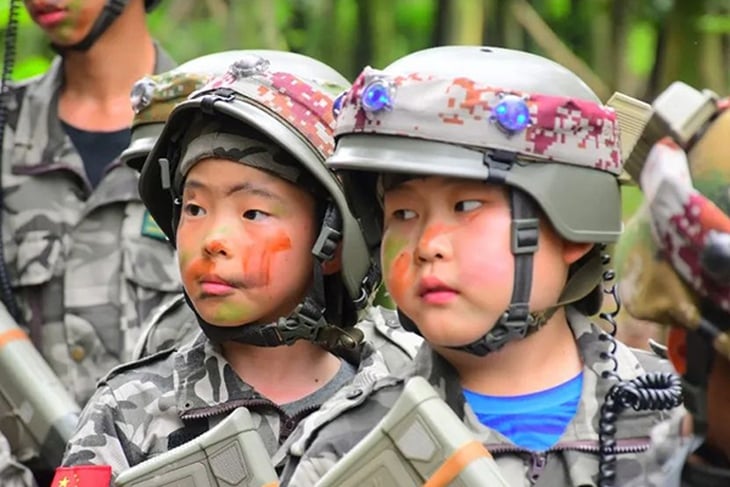
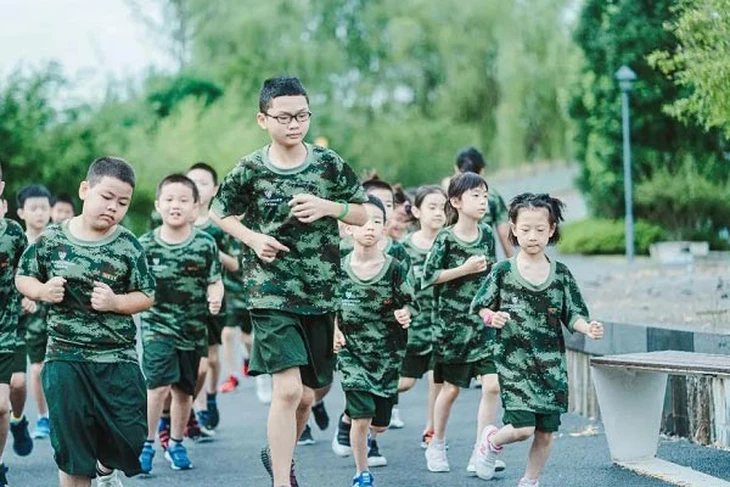
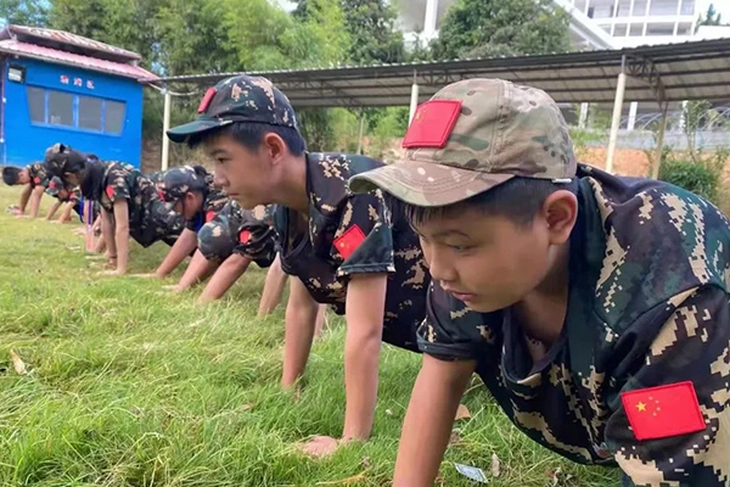

![[Photo] The first meeting of the Cooperation Committee between the National Assembly of Vietnam and the National People's Congress of China](https://vphoto.vietnam.vn/thumb/1200x675/vietnam/resource/IMAGE/2025/8/31/f5ed4def2e8f48e1a69b31464d355e12)
![[Photo] General Secretary To Lam receives Chairman of the National People's Congress of China Zhao Leji](https://vphoto.vietnam.vn/thumb/1200x675/vietnam/resource/IMAGE/2025/8/31/5af9b8d4ba2143348afe1c7ce6b7fa04)
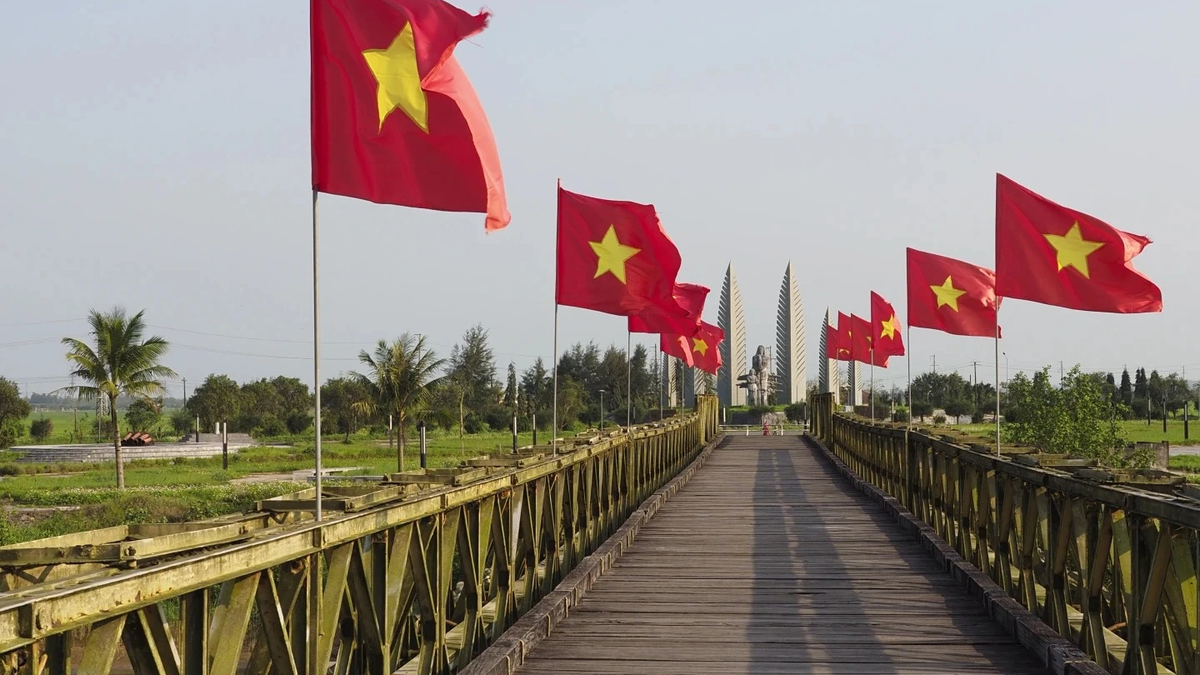
![[Photo] National Assembly Chairman Tran Thanh Man welcomes and holds talks with Chairman of the National People's Congress of China Zhao Leji](https://vphoto.vietnam.vn/thumb/1200x675/vietnam/resource/IMAGE/2025/8/31/9fa5b4d3f67d450682c03d35cabba711)
![[Photo] Marching together in the hearts of the people](https://vphoto.vietnam.vn/thumb/1200x675/vietnam/resource/IMAGE/2025/8/31/8b778f9202e54a60919734e6f1d938c3)
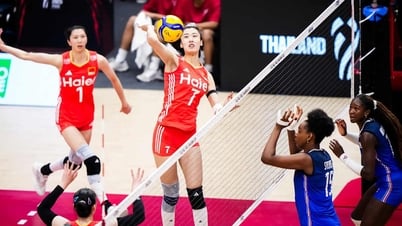
![[Photo] General Secretary To Lam receives Chairman of the National People's Congress of China Zhao Leji](https://vphoto.vietnam.vn/thumb/402x226/vietnam/resource/IMAGE/2025/8/31/5af9b8d4ba2143348afe1c7ce6b7fa04)

![[Photo] Chairman of the National People's Congress of China Zhao Leji begins official visit to Vietnam](https://vphoto.vietnam.vn/thumb/402x226/vietnam/resource/IMAGE/2025/8/31/fcfa5a4c54b245499a7992f9c6bf993a)
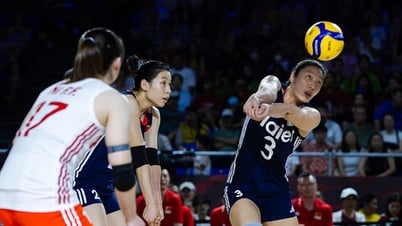

















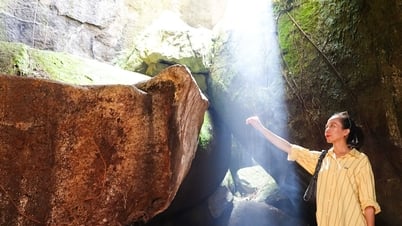
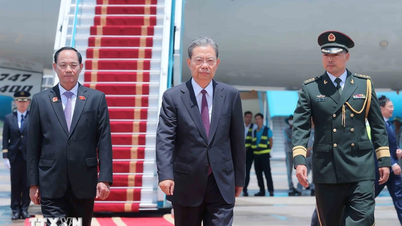
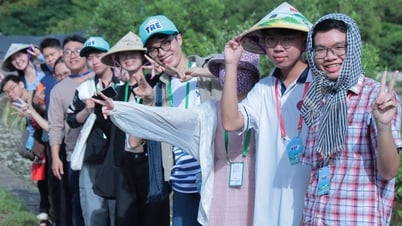







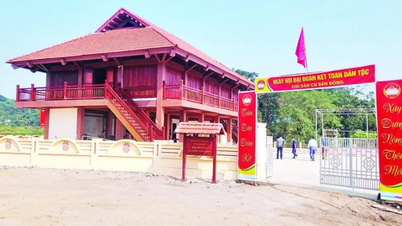











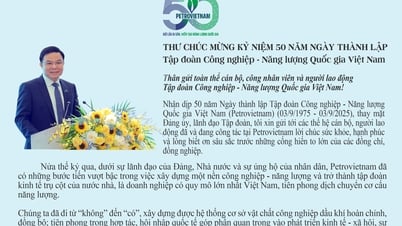








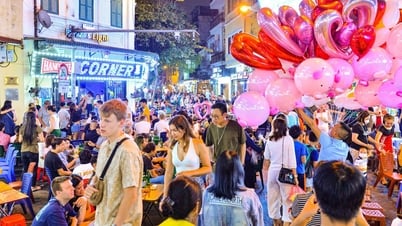









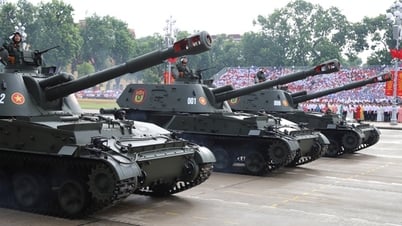
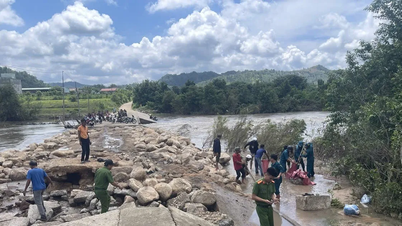

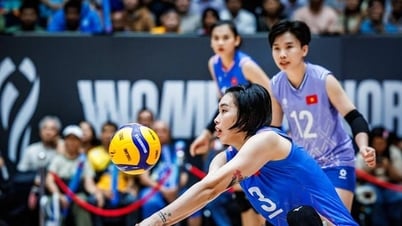







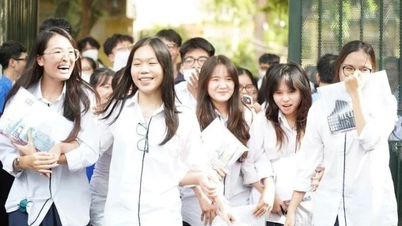

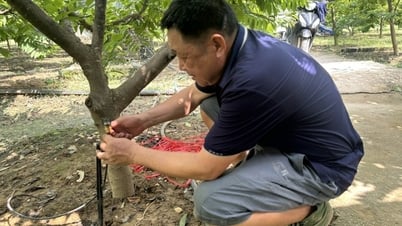

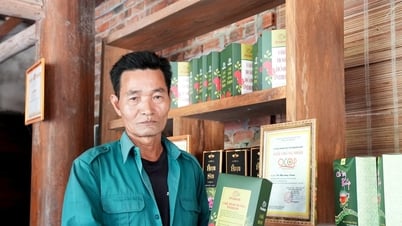

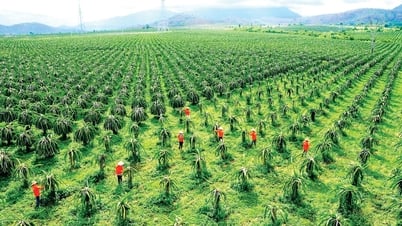





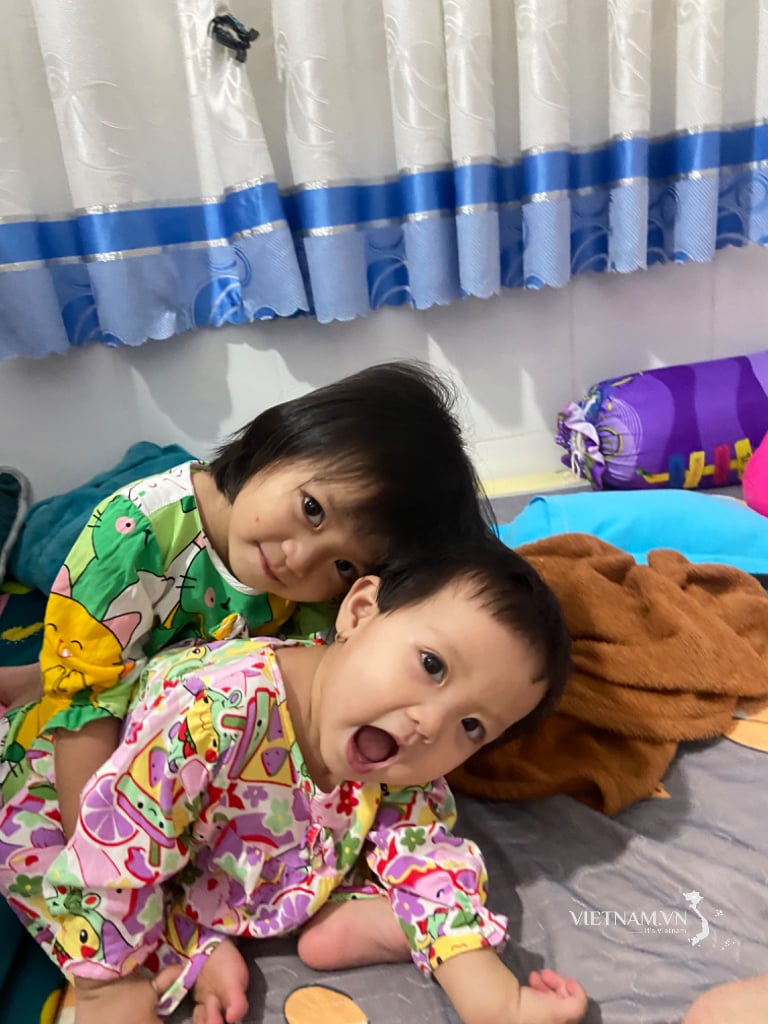

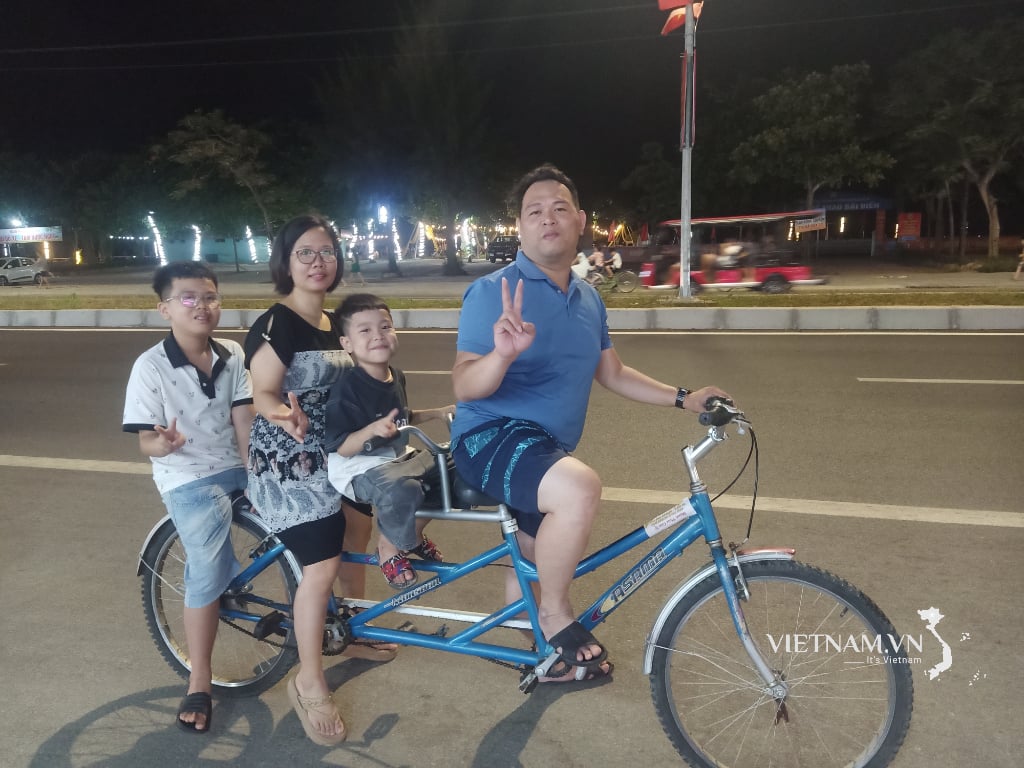
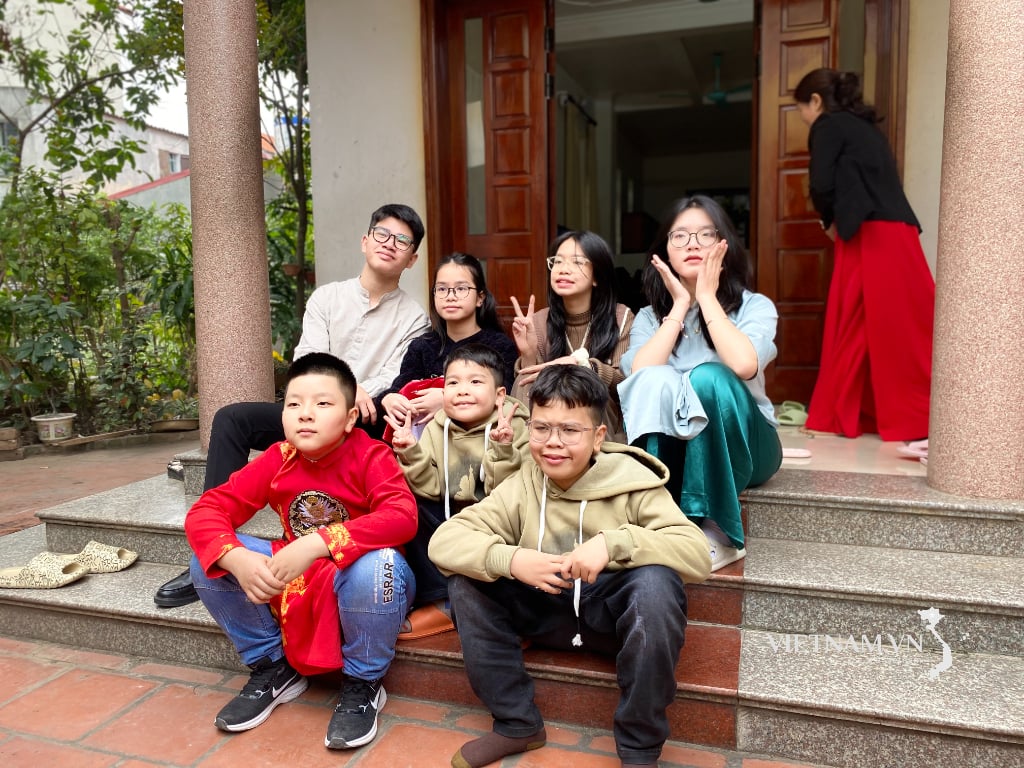
Comment (0)